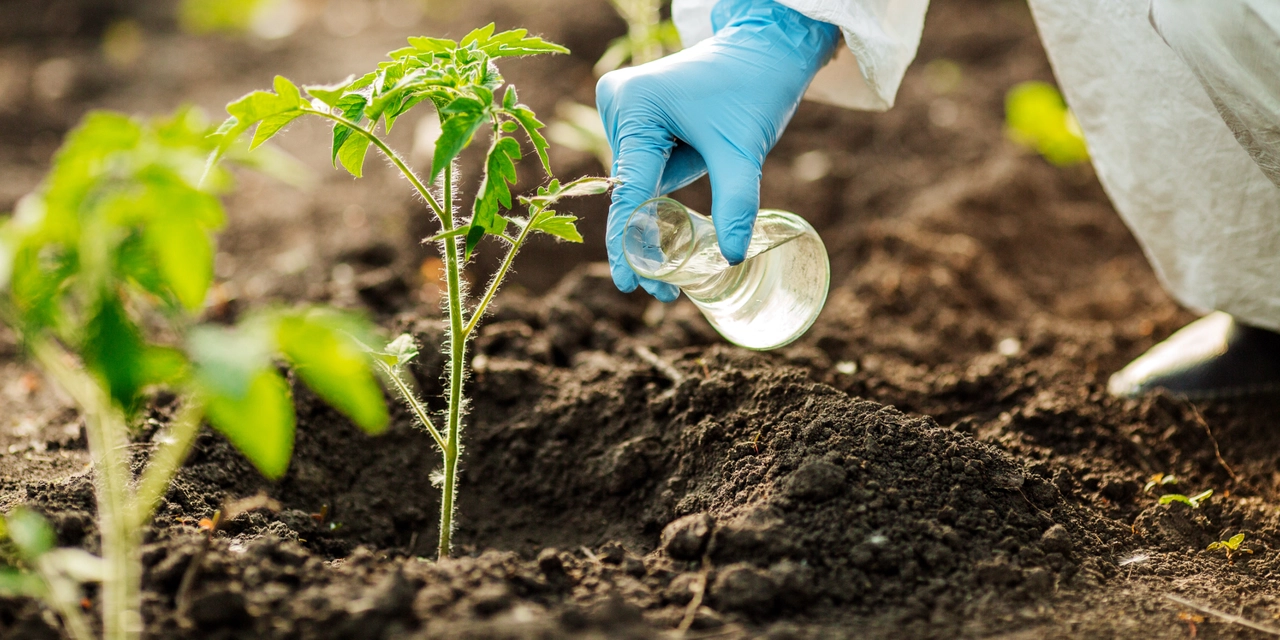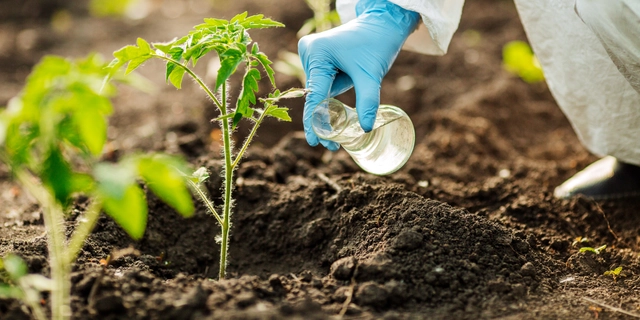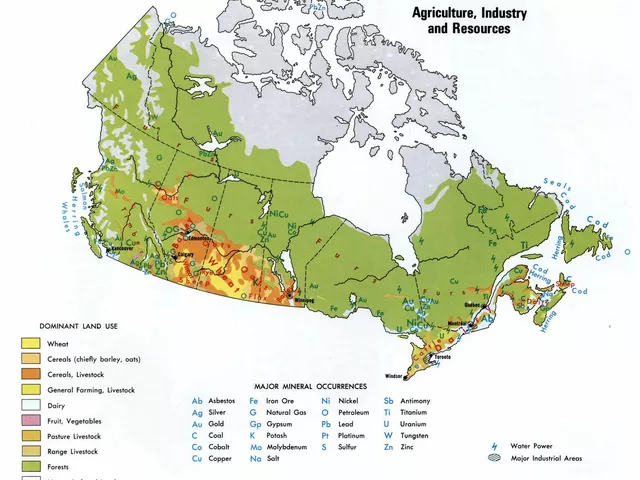Leaching is a process used in agriculture that involves the extraction of minerals and other materials from the soil. It is accomplished by the use of water, which is allowed to seep into the soil and carry away the desired minerals and materials. The process of leaching is often used when the soil has become depleted of its original nutrients and minerals, or when a farmer wants to introduce new nutrients and minerals into the soil.
There are several benefits to leaching in agriculture, including:
- Improved Soil Quality: Leaching helps to remove harmful substances from the soil, such as salts and other minerals, and can help to improve the overall quality of the soil.
- Increased Yields: Leaching can help to increase the amount of crop yields, as it can help to provide the soil with the necessary minerals and nutrients needed for healthy plant growth.
- Reduced Pest Problems: The process of leaching can help to reduce the number of pests in the soil by removing certain minerals and nutrients that pests need for survival.
Leaching is an important process in agriculture, and it can be used to improve the quality of the soil, increase crop yields, and reduce pest problems. It is important to note, however, that leaching should be done carefully, as too much leaching can lead to soil erosion and other issues.
The process of leaching in agriculture refers to the loss of water-soluble plant nutrients from the soil. It occurs when water is applied to the soil in excess of the amount required for plant growth or when water containing insufficient amounts of nutrients is applied to the soil. Leaching can lead to a decrease in soil fertility and, in some cases, the leaching of pollutants into groundwater.
Leaching is a natural process that occurs when water moves through the soil, carrying with it some of the nutrients and organic matter. This process is important as it helps to maintain soil fertility by replenishing essential plant nutrients. However, if the amount of water applied to the soil is too high or the water contains insufficient amounts of nutrients, the process of leaching can become detrimental to soil health.
In order to reduce the amount of leaching, farmers must ensure that the amount of water applied to the soil is only as much as is necessary for plant growth. Additionally, the use of fertilizers can help to replenish the nutrients lost through leaching. By following these simple steps, farmers can maintain the fertility of their soil and prevent pollutants from leaching into groundwater.
Leaching is an important process in agriculture as it helps to improve soil quality. When water passes through the soil, it carries away some of the minerals, such as nitrogen and potassium, that plants need to survive. This process is known as leaching. By leaching away certain minerals, it helps to keep the soil from becoming too acidic or salty, which can damage crops. In addition, it helps to replenish the soil with nutrients that can be used by plants.
Leaching can be beneficial in several ways. For one, it helps to keep the soil healthy and productive. By removing excess minerals, it helps to maintain a balanced soil composition that is rich in organic matter. This helps to ensure that crops can thrive and remain productive. In addition, it helps to prevent soil erosion, as it helps to keep the soil from becoming too compacted or eroding away.
Leaching can also help to improve water retention in the soil. By removing excess minerals, it helps to open up the soil and allow water to penetrate deeper. This can help to ensure that the soil has enough water to support the growth of crops. In addition, it can help to prevent water from becoming stagnant, which can lead to the growth of harmful bacteria and fungi.
Overall, leaching plays an important role in improving the quality of soil in agriculture. By removing excess minerals and allowing water to penetrate deeper, it helps to ensure that crops can thrive and remain productive. In addition, it helps to prevent soil erosion and improve water retention in the soil. By understanding the benefits of leaching, farmers can ensure that their soils remain fertile and productive for years to come.
Leaching in agriculture is the process of removing minerals and other essential nutrients from the soil. This process is caused by the water cycle, which carries these nutrients away from the soil. Leaching can be a major problem for farmers, as it can lead to soil infertility and crop failure. In this article, we’ll explore what leaching is, how it happens, and what you can do to prevent it.
What is Leaching in Agriculture?
Leaching in agriculture occurs when water moves through the soil and pulls vital minerals away with it. This water cycle is what keeps the soil fertile, but it can also cause leaching. As the water moves through the soil, it picks up essential minerals, nutrients, and other compounds, and carries them away. This can lead to soil infertility, as the soil is no longer able to provide the necessary nutrients for plants.
How Does Leaching Happen?
Leaching happens when soil is exposed to water for too long. If the soil is already low in nutrients, the water will have an even greater effect. This is especially common during periods of heavy rain or flooding. Another way leaching occurs is through the use of irrigation systems. If the water is not managed properly, it can cause leaching to occur.
How Can You Prevent Leaching?
The best way to prevent leaching in agriculture is to keep the soil well-nourished. This can be done by regularly fertilizing the soil and using compost or manure to add essential minerals and nutrients. You can also practice crop rotation and reduce the amount of irrigation you use. Additionally, using mulch or cover crops can help reduce leaching, as they help to reduce the amount of water that runs off the soil.
Conclusion
Leaching in agriculture can have a serious impact on crop production and soil fertility. By understanding what leaching is, how it happens, and how to prevent it, you can ensure that your soil is healthy and your crops are successful.





